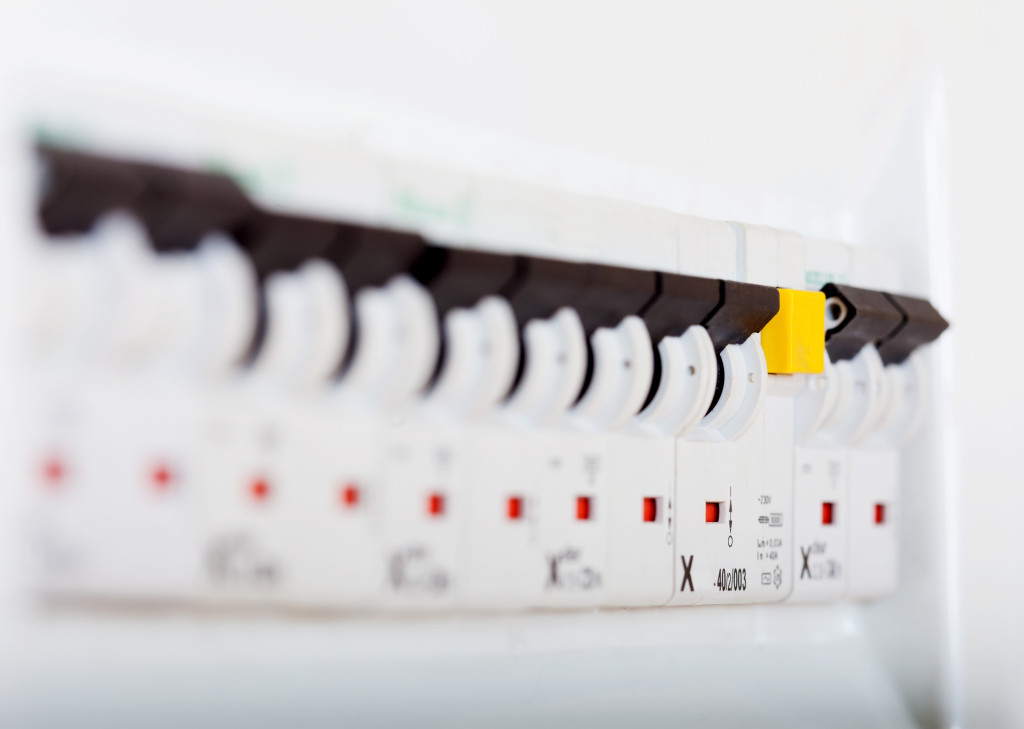Tomorrow can be planned but cannot guarantee that things fall into their place. Accidents can occur anytime, so for the sake of our loved ones, not just ourselves, emergency preparedness is crucial. Take, for instance, falling in which seniors are much prone to. Falling is the top reason for seniors’ injuries and even death.
But it doesn’t happen to seniors alone; everyone is at risk of this accident at home. Accidents are reduced by taking precautions, but they may not be totally preventable. The best that you can do is to be prepared for any untoward events, taking advantage of new technology inventions for further safety, such as medical alert necklaces, bracelets, and many other devices.
Other Kinds of Household Emergencies and What You Can Do at the Moment
Aside from falling, many kinds of emergencies lurk around the corner. Make sure you know what to plan for. Take note of the most common emergencies at home and the steps to take during the event:
Power Outage
When a power outage happens, it’s easy to trip over anything, and if it lasts for up to four hours, foods in the fridge can go bad. What you can do is keep the doors of your refrigerator open. Use flashlights over candles. Any electronic equipment used during the power outage should be turned off and unplugged.
Kitchen Fire
It can start with a small grease fire. If the cook didn’t pay attention, the fire may swallow most parts of the kitchen, or worse, home. Once you notice a small grease fire, you can smother it with salt or baking soda.
Another way is to slide the metal lid over the pan then turn off the stove. When the fire starts in the oven, simply keep the oven’s door close and turn it off. But should the fire persist, get everyone out. Only call 911 when you get to a safe distance.
Flood in the Basement
Beware of basement flood; explosion or electrocution may happen. It’s wise not to step into your basement but call the experts that can respond more appropriately to the situation.
Stay away from the area until they turn the gas and electricity off. This is the best way to keep yourself and your family from being injured.
Falling from the ladder
Ladder falls are one of the most common causes of ER visits. This can happen to you or your family members when the ladder isn’t properly placed while hanging decorations or cleaning the gutters.
Before climbing into the ladder, make sure to block all doors that may hit the ladder. Stepladders should also be totally open. Be sure to put it on a dry, stable, and solid surface. When climbing, grip on the rungs, not the side rails.
Broken Glass
Even if you are the most careful person in the kitchen, some glass utensils may slip and break at an opportune time. Cleaning up the broken pieces, ensure that you don’t cut yourself.
So, instead of scooping the broken pieces with your bare hands, use other materials like stiff paper or cardboard. For the tiny particles, use duct tape or other large tapes. Lastly, wipe the area with doubled-up paper towels or wet wipes.

How to Plan for Any Kinds of Emergencies
These or other kinds of emergencies can happen, so here’s a tip: plan and prepare for the worse. This way, you don’t have to be caught off-guard since sometimes, accidents can mean life or death, with emergency preparedness the only thing in between. Here are some tips to keep in mind:
Know the hazards in your area
Gather as much information as you can in your community, including the common hazards or disasters and warning systems your community employs. See to it that you can immediately hear or see the warnings from your home.
Create a family emergency kit for supplies
Depending on how many members your family has, prepare supplies that can last for three days at a minimum, including water, food, and clothing. These should help your family survive until assistance arrives.
Get insured
Get your family and home insured. After checking your home insurance, get extra coverage for other aspects that may not have been covered.
Establish a meet-up place
Pick a place where your family members can meet, especially for sudden fire emergencies. It should be at a safe distance away from your house. It’s best that you learn where your community designated evacuation shelters too.
Share the plan with your family
Your whole family can brainstorm throughout the process, discuss any hazards that can happen, establish the response plan, then practice what you discussed.
Make Sure No One Gets Left Behind
Aside from the family members, be sure to get your pets to safety too. Pets may have other sorts of emergencies prone to animals, but at least, in major emergencies, get everyone out, never excluding pets as much as possible.


